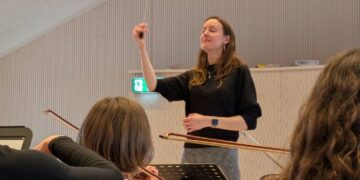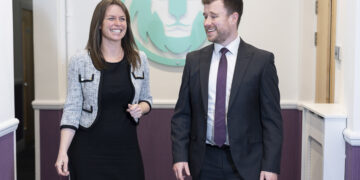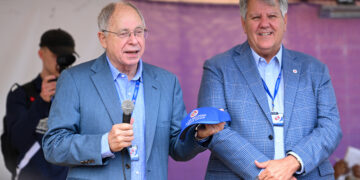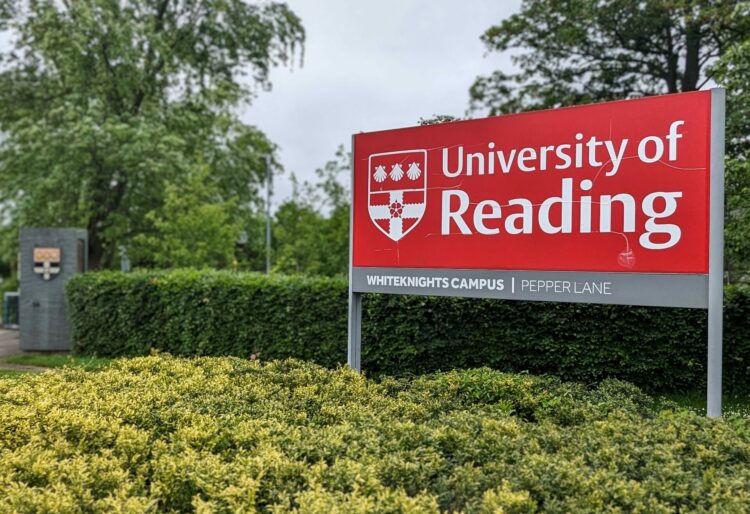THE UNIVERSITY of Reading has released details of a study which has shown that billionaire entrepreneurs “fuel” stereotypes which damage diversity in computer sciences.
A study carried out by the university shows shows that the identity of famous people in certain domains can be highly influential in the representation of those fields for students.
The study, published in the Oxford Review of Education, asked nearly 1,800 children which notable people in computing they are aware of.
Bill Gates ranked first, followed by Alan Turing, Steve Jobs, and Elon Musk, in second, third, and fourth respectively.
Mark Zuckerburg ranked fifth and Jeff Bezos sixth, with Ada Lovelace, one of only two women in the top ten, ranking seventh.
Celebrated physicist Stephen Hawking ranked eighth, followed by Grace Hopper in ninth, and Charles Babbage rounding out the top ten.
During the study, 1788 children aged 11-16 in England completed a questionnaire, providing more than 4,100 entries of named famous computer scientists.
Two main groups emerged from the responses: billionaire tech entrepreneurs and historic academics.
The study suggested that wealthy tech entrepreneurs may present motivating factors, such as the ‘quest’ for money and fame – which was more prominent for boys taking part in the study.
However, their dominance, the university suggests, runs the risk of reinforcing opinions that computing tends to be “patriarchal and dominated by capitalist-driven discourses.”
Professor Billy Wong of the University of Reading led the study, and said of the findings: “What immediately jumps out is the dominance of white men in this list.
“Most children were only aware of one or two women, for example, and almost always the same two–Ada Lovelace and Grace Hopper.
“There are no people of colour in the top ten, and although Turing was gay, he was also famously prosecuted and punished for ‘homosexual acts’, which seems to have haunted the rest of his all too short life.”
He explained: “There is even a scientist in the top ten who wasn’t a computer scientist at all– and many of these people come from wealthy families, not ordinary working class communities.”
He said the findings: “speak to the lack of diverse role models being presented to children.
“They do exist but they aren’t part of the discourse, and some of the people who gain the spotlight might not actually be good role models, at all, regardless of stereotypes.
“The problem with that is that to a young girl, a black boy, a queer kid, or a kid from a council estate, it is a lot harder to see that computer science is for them – they do not fit the stereotypes that are now established in their minds.”
He added: “If they aren’t there to represent their communities, the outcomes of computer science are likely to be less relevant and useful to them.”
























